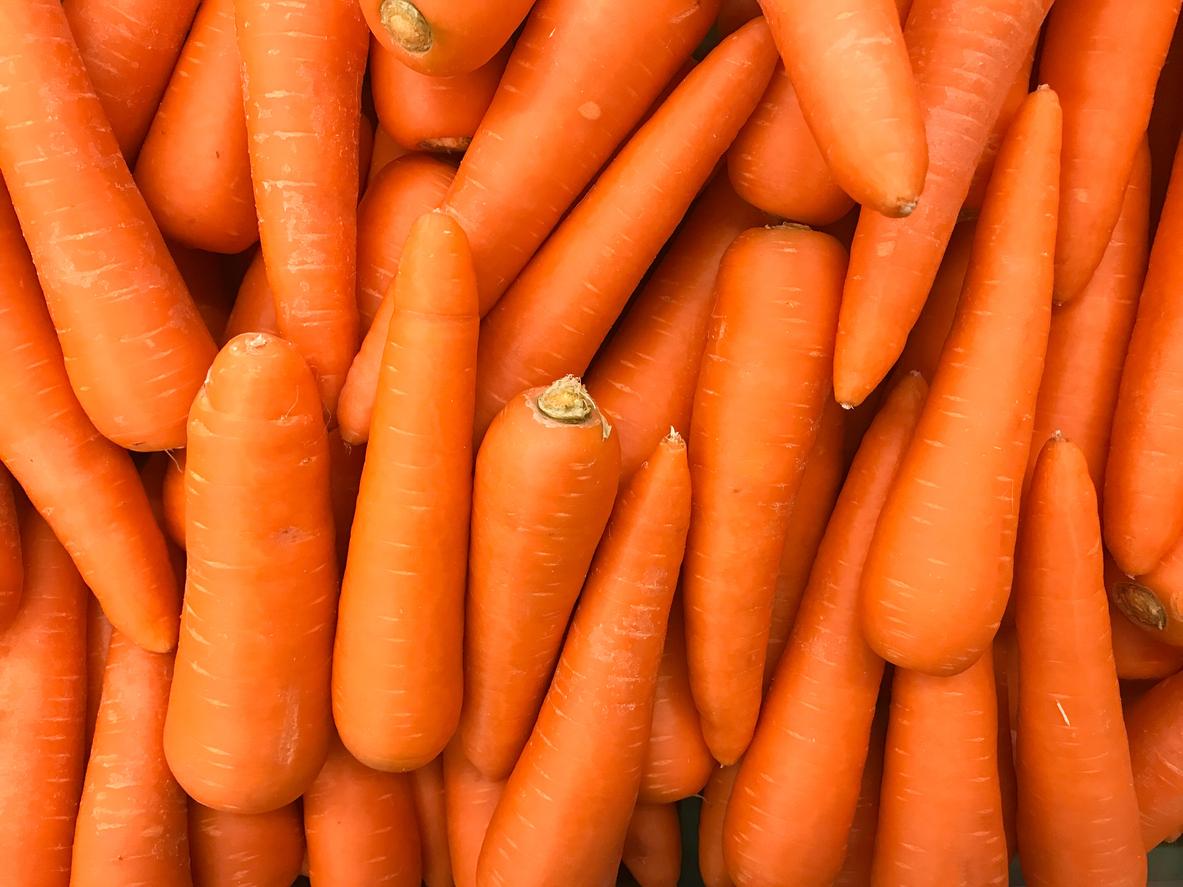May 13, 2002 – A study on pesticide residues in organic fruits and vegetables has ruled in favor of organic in the controversy that has been raging for some time in the United States.1 Network report ABC asserted that there were as many residues in organic fruits and vegetables as in those from conventional cultivation, questioning the virtues of organic.
Analysis data from over 94,000 earth products from 20 different crops (8 fruits and 12 vegetables) and from three categories of agriculture (conventional, organic and approach with a pest control program called IPM / NDR) were used as well as their pesticide residue content compared. The results showed that 23% of organic products contained residues against 47% for those from the IPM / NDR program and 73% for those from conventional agriculture. By not counting certain organochlorine insecticides such as DDT, dieldrin and chlordane which are more related to environmental contamination than production methods, the percentage of products polluted by residues falls to 13% for organic while the other two remain more or less the same (71% and 46%). It should also be noted that the percentage of organic products with several types of residues was much lower as well as their residue content.
The presence of residues in organic fruits and vegetables may be surprising, but it is concretely difficult to escape them. Organic certification requires, in particular, that the land has been free of pesticides and chemical fertilizers for at least three years.2 However, certain chemicals such as those mentioned above continue to contaminate the earth long after their use has ceased. In addition, chemical spreading from a neighboring field can affect organic land through the wind.
And their nutritional value?
The nutrient content of organic fruits and vegetables is scientifically controversial. Researchers do not seem to agree on their nutritional value. Some nutritionists have even questioned the results of certain studies that discriminate against organic. Among the vitamins and minerals present in greater quantity in organic products are, among others, vitamin C, iron, magnesium and phosphorus.3 In addition, a recent study on vegetable soups concluded that organic soups contain more salicylic acid, responsible for the anti-inflammatory action of aspirin.4
Élisabeth Mercader – PasseportSanté.net
According to InteliHealth, May 8, 2002
1. Baker BP, Benbrook CM, Groth E, Benbrook KL. Pesticide residues in conventional, integrated pest management (IPM) -grown and organic foods: insights from three US data sets. Food Additives & Contaminants Volume 19, Number 5 / May 01, 2002, 427 – 446
2. OCIA. What is organic certification? [Consulté le 13 mai 2002]. http://www.ocia.qc.ca/fr/certification.html
3. Worthington V. Nutritional quality of organic versus conventional fruits, vegetables, and grains. J Altern Complement Med 2001 Apr; 7 (2): 161-73
4. Baxter GJ, Graham AB, Lawrence JR, Wiles D, Paterson J R. Salicylic acid in soups prepared from organically and non-organically grown vegetables. Eur J Nutr 2001 Dec; 40 (6): 289-92
















